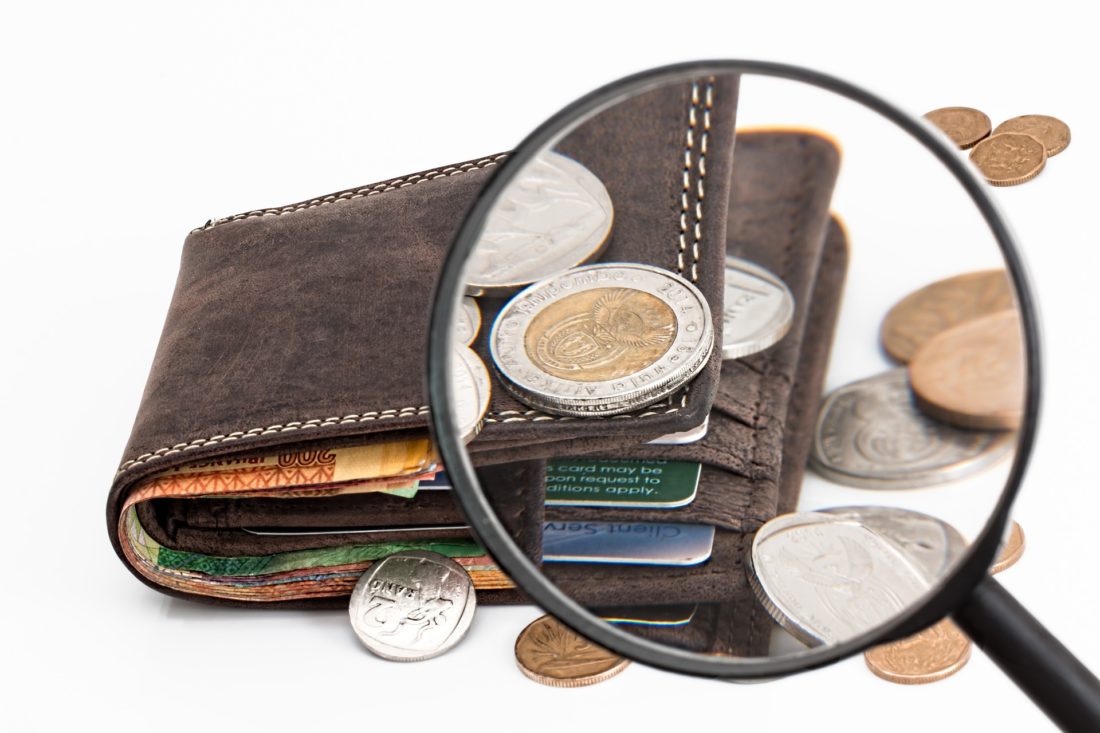4 Reasons To Care About Your Credit When You Don’t Use Credit

Meticulously managing your credit score makes sense when you want to live a lifestyle just a tad bit beyond what your current salary allows. Bad credit can limit your borrowing goals. However, not everyone wants to make the kinds of purchases people usually make on credit. For example, many people are happy to buy used cars and pay in cash. Not everyone dreams of owning a home, and some people just don’t want a mortgage.
It seems logical that if you don’t use credit, there’s no reason to be concerned with your credit score or report. However, even when you don’t take out loans or use credit cards, there are good reasons to pay attention to your credit report:
- Identity theft can happen to anyone
Someone with no credit is potentially more at risk for identity theft than someone with bad credit. A person with bad credit is more likely to be rejected for loans and credit cards. There are credit cards available for people with no credit, and although the limits are low, it’s enough to become a damaging mark when left unpaid.
In 2016, the U.S. saw more than 382,000 cases of identity theft, the majority of which were reported by consumers between the ages of 30 and 59. Chances are, they noticed something was wrong when they got turned down for a loan, or they noticed an unfamiliar item on their credit report.
You might believe you don’t need to be concerned when fraud shows up on your credit report. You’re not trying to apply for loans, so why does it matter what your report says? The truth is, identity theft can affect more than your credit, and noticing it on your credit report is only one sign of fraud.
Depending on how much information a criminal has on you, they might be able to redirect your mail, intercept social security checks, and more. When you notice fraud on your credit report, you can take precautions like sending your mail to a PO box and changing your mailing address with your financial institutions.
- Car insurance companies run credit checks to determine rates
Most states run credit checks to determine a person’s car insurance rate. It’s not fair, but if someone has committed fraud in your name, you’ll be the one paying for it.
According to Wallethub, people with no credit pay 67% more for car insurance than people with excellent credit, on average.
If someone is using your name to commit credit card fraud, your auto insurance rates might end up sky high when your policy renews, or when you add or change vehicles.
- Employers run credit checks as a condition of employment
Businesses are allowed to run credit checks on potential employees prior to extending a job offer. Although they’re not supposed to run a credit check without written permission, and that written permission must be presented on its own separate page.
The credit report employers get isn’t the same one that lenders see, but much of the data is the same. The difference is, an employer won’t see your date of birth or your credit score, and their inquiry won’t be visible to anyone but the consumer. They will be able to see accounts in collections and charge offs.
If you can’t figure out why you were rejected for a job you’re more than qualified for, it could be because they ran your credit and found unpaid bills racked up by an identity thief.
- Utility companies run credit checks
Maybe you don’t mind paying an extra couple hundred dollars as a deposit when putting utilities in your name. It’s cheaper than going into debt just to have perfect credit. The problem is, identity theft criminals often put utilities in someone else’s name and never pay them.
If this happens to you, you’ll have to pay more than a small deposit to get utilities turned on in your name. You’ll either be forced to pay the unpaid balance, which could be thousands of dollars, or the power company might outright reject you as a customer.
Small details can tell a bigger story
Finding unfamiliar details in your credit report can indicate fraudulent activity. You may not need to rely on credit to live, but becoming a victim of fraud can disrupt your daily life. At a minimum, review your free yearly credit report to stay informed.









